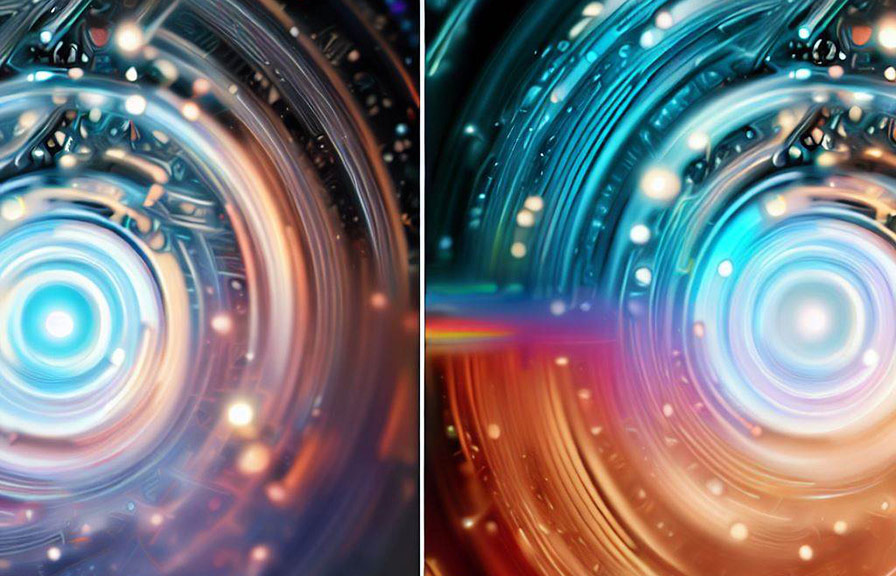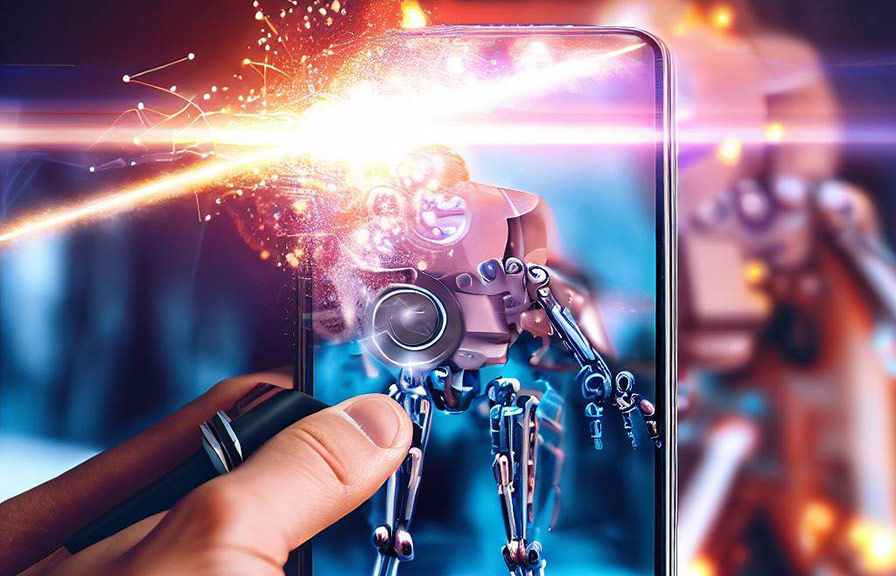Are you aware that researchers estimate that humans have taken over 1.2 trillion digital photos worldwide in 2021 alone? in today's digital era, the sheer volume of photos being taken every day is staggering. this explosion of visual data presents both challenges and opportunities for photographers and companies looking to
Harness the power of images. enter ai-based image analysis: a cutting-edge technology that is revolutionizing the way we understand and interact with photography.

The power of ai in image analysis
Ai-based image analysis refers to the use of artificial intelligence (ai) and machine learning algorithms to analyze and extract meaningful insights from digital images. by training these algorithms on vast datasets of labeled images, ai systems can learn to identify and understand complex patterns in the visual data, making it
Possible to uncover hidden insights that would be difficult or impossible for humans to detect.
One of the most significant advantages of ai-based image analysis is its ability to process and analyze vast volumes of images at incredible speeds. this capability is particularly valuable in industries such as e-commerce, social media, and surveillance, where millions of images are generated and uploaded every day.
Applications of ai-based image analysis in photography
Ai-based image analysis has found numerous applications in the field of photography. from improving image quality to simplifying the editing process, ai technologies are transforming the way photographers work and create. here are some exciting applications of ai-based image analysis in photography:
1. image enhancement
Ai-powered image enhancement tools can automatically adjust various aspects of a photo, such as exposure, contrast, and color balance, to create visually stunning results. these tools can even salvage poorly lit or overexposed images by intelligently filling in missing details and improving overall quality.
2. object recognition and tracking
Ai algorithms can identify and track objects within an image or a series of images with remarkable accuracy. this technology has proven useful for wildlife photographers who need to quickly locate and follow animals in their natural habitats, as well as for sports photographers who must keep up with fast-paced
Action on the field.
3. automated image tagging and organization
Ai-based image analysis can automatically tag and organize large collections of photos based on their content and visual features. this can save photographers countless hours of manual tagging and makes it easier for them to locate specific images within their archives.
4. image-based recommendations
In e-commerce and social media, ai-based image analysis can be used to generate personalized product recommendations based on users' visual preferences. by analyzing users' browsing and purchasing history, ai systems can identify patterns in the types of images that users find appealing and recommend similar items or content.
A surprising fact about ai and photography
Did you know that ai algorithms can even create original photographic compositions? in recent years, researchers have developed a technique called generative adversarial networks (gans) that allows ai systems to generate new images by learning from existing ones.
These ai-generated images can be incredibly realistic, and in some cases, it is nearly impossible to distinguish them from photographs taken by humans.
While the potential applications of ai-generated images are vast, this technology also raises ethical concerns about the authenticity of digital photography and the potential for ai-generated images to be used in misinformation campaigns.
The future of ai-based image analysis
As ai-based image analysis continues to advance, we can expect even more innovative applications to emerge in the world of photography. future developments could include ai-powered tools for automatically editing and retouching images, as well as advanced object recognition algorithms that can understand complex scenes and provide valuable insights for
Photographers.
Furthermore, as the line between ai-generated images and human photography becomes increasingly blurred, the photography community will need to engage in ongoing discussions about the ethics, authenticity, and potential misuses of this powerful and transformative technology.
Conclusion
Ai-based image analysis is opening up a world of possibilities for photographers, enabling them to uncover insights and create stunning visuals that were once out of reach. as ai technology continues to evolve, we can look forward to a future where photography is not only more accessible but also more
Intelligent and insightful than ever before.
